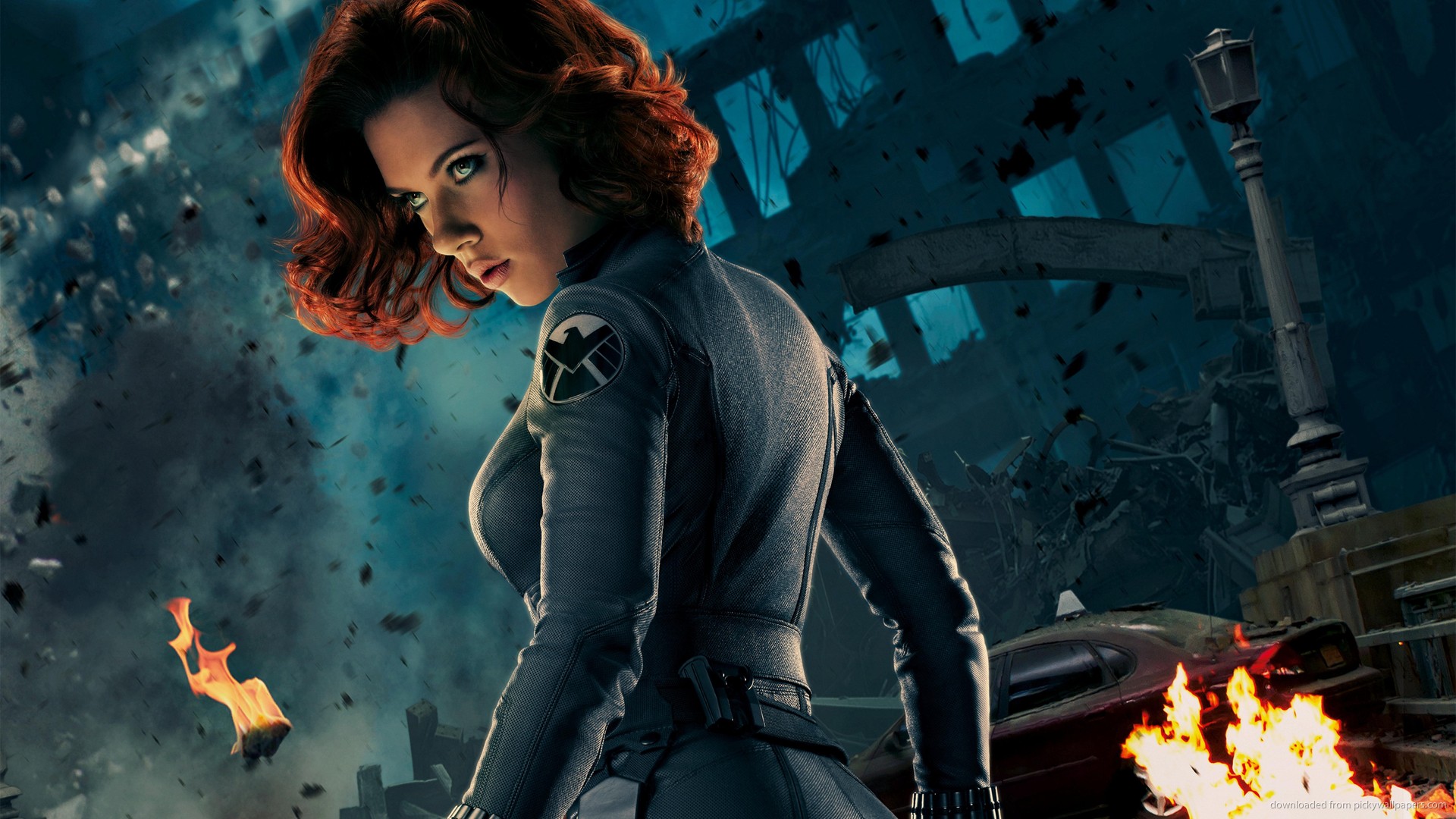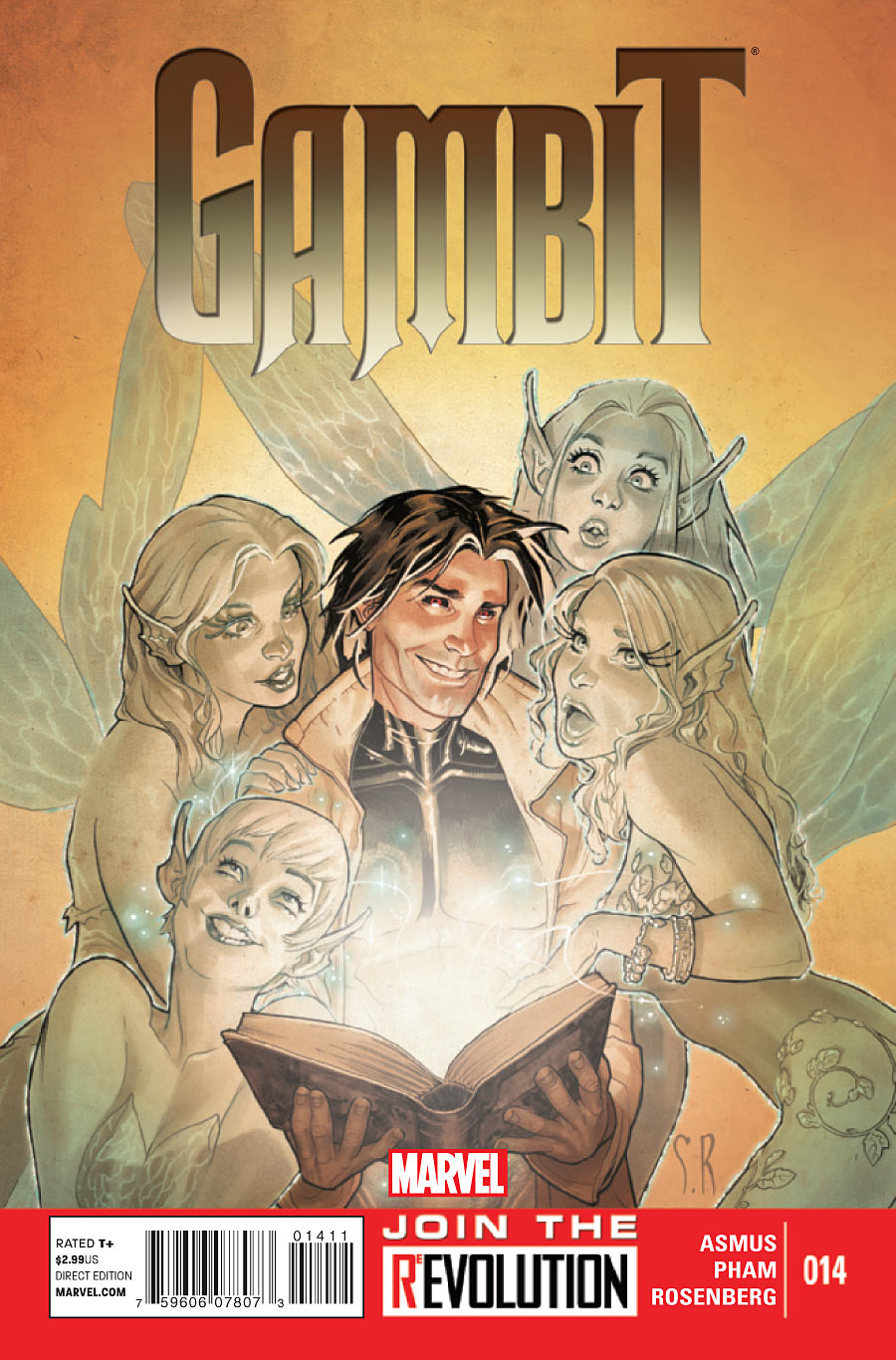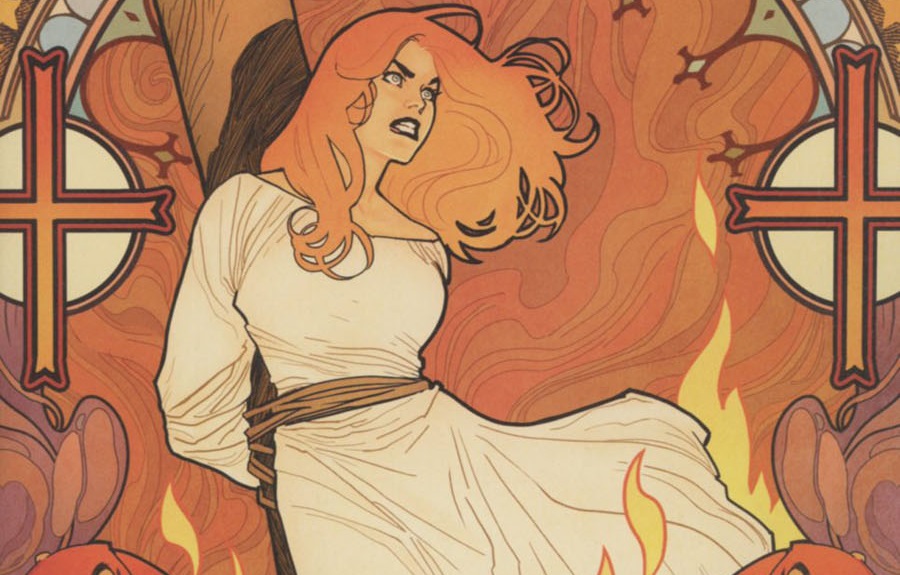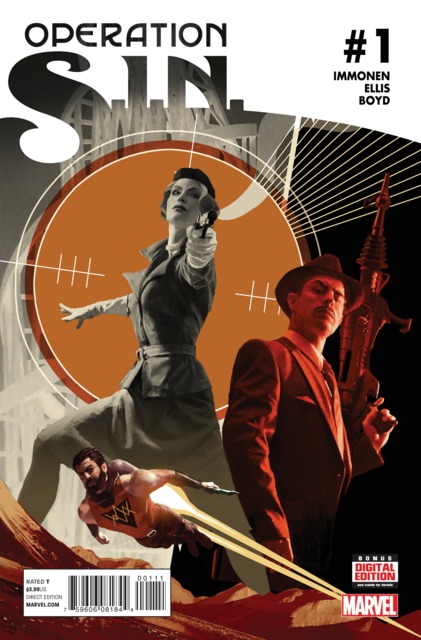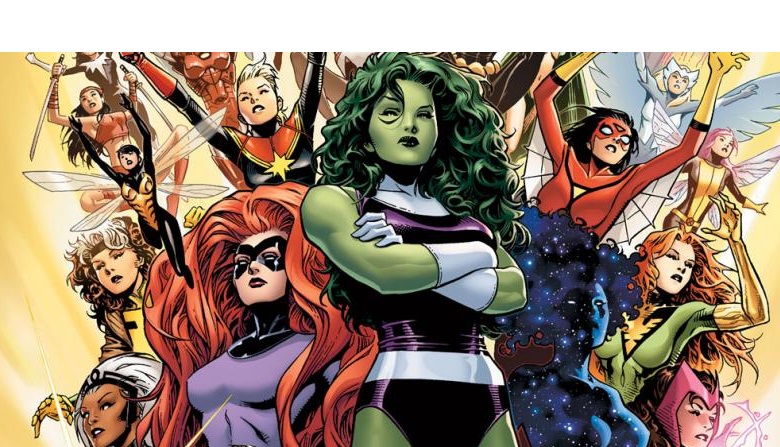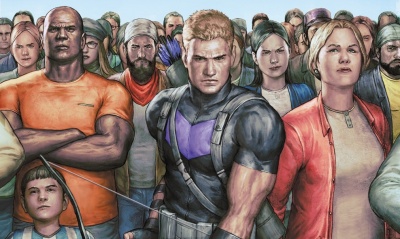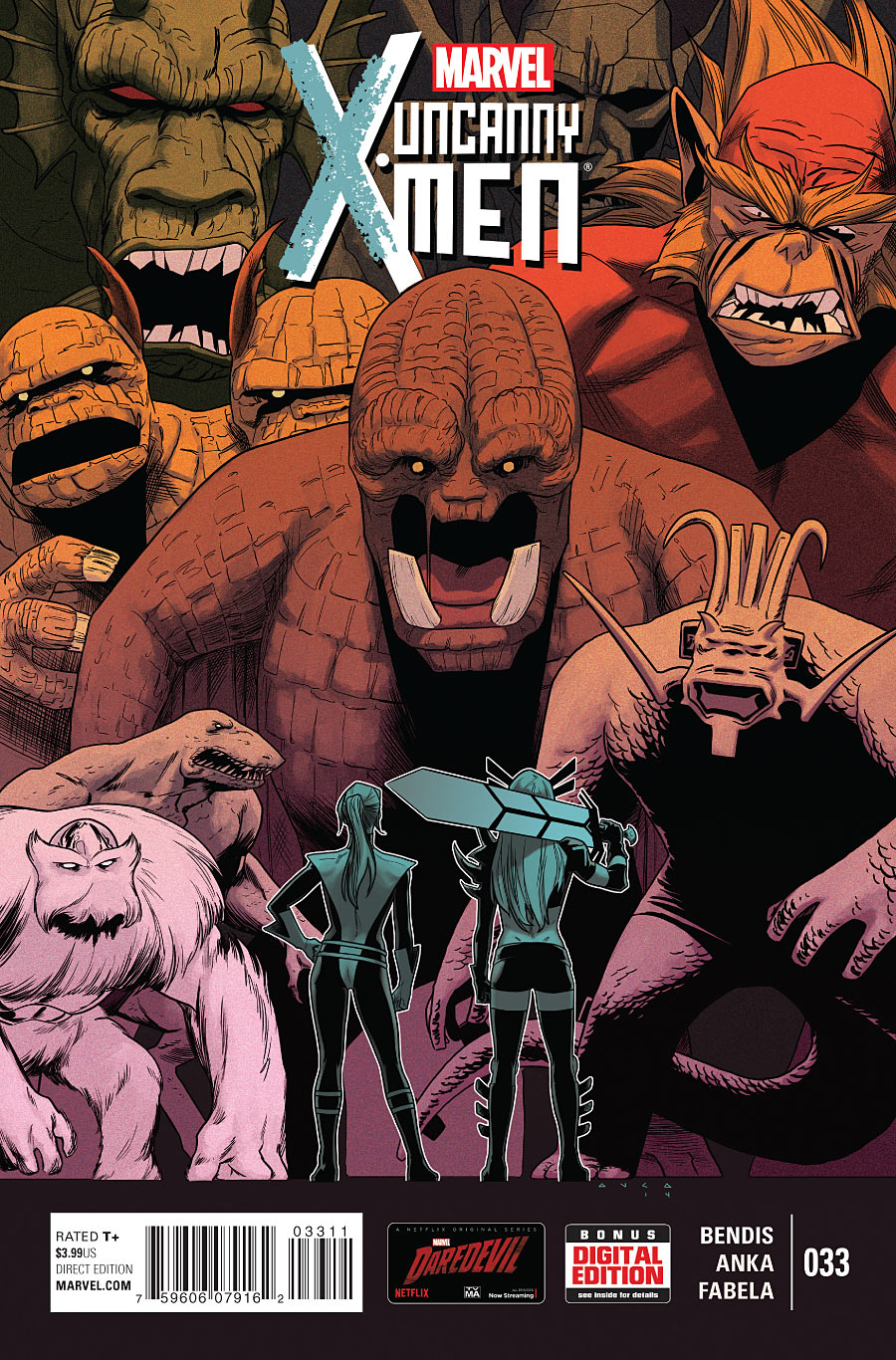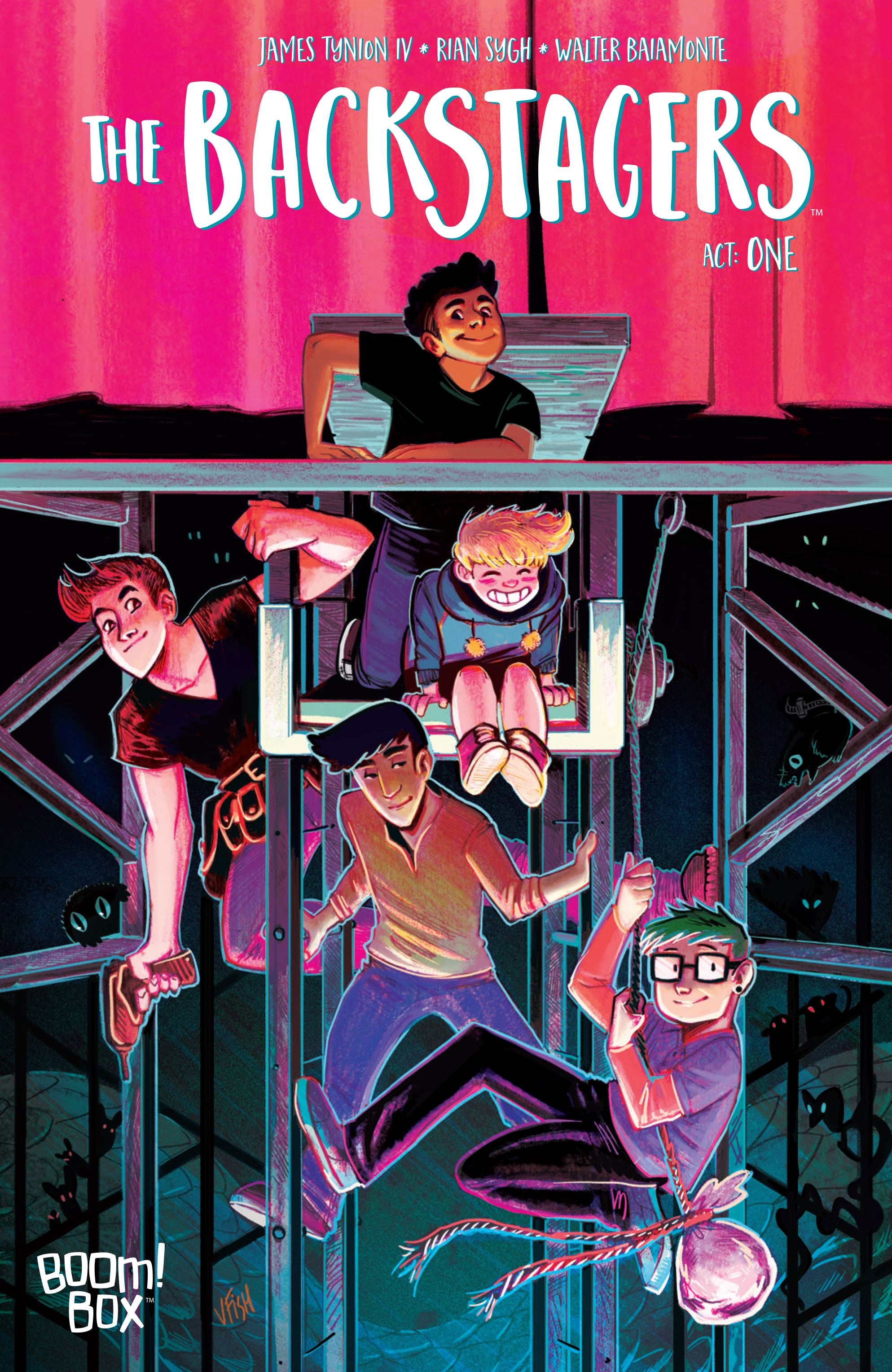Mara Wood is a school psychology doctoral student at the University of Central Arkansas. Her research focus is on the educational application of comics as well as their use in therapeutic settings with children and adolescents. She is a regular contributor for Talking Comics, a co-host on The Missfits podcast, and writes about psychology, comics, books, and Dungeons & Dragons on her personal blog. You can find her on twitter as @MegaMaraMon
Maria Werdine Norris is a final year PhD candidate at the London School of Economics and Political Science. Her research is on British Counter-terrorism strategy and legislation, with a focus on nationalism, security and human rights. You can find her on Twitter rambling about comics, human rights and magical girls as @MariaWNorris
Fictional characters have no feelings. They have no unique thoughts, no personality of their own, no agency outside of the creator or actor dictating their lives. They are a vehicle for storytelling, a cog in the machine of a narrative.
So why does it matter what we say about them?
Jeremy Renner and Chris Evans were faced with this very question on the press junket for the Avengers: Age of Ultron movie. During an interview, Renner called the character Black Widow a slut. Evans followed it up with a hearty laugh and added that she is a whore. From what we know of the actors, we know they have a positive relationship with Scarlett Johansson, the actress portraying Black Widow. They are not, in fact, calling Johansson a slut or a whore.
Their comments sparked outrage, and, frankly, the two men seemed taken aback by the reaction. Apologies were issued, but their words still linger in the air.
Slut.
Whore.
These are examples of what is called microaggressions. Dr. Derald Wing Sue defines microaggressions as “the constant and continuing everyday slight of insults, invalidations, and indignities visited upon marginalized groups, often by well-intentioned people.” Microaggressions derived their power from a position of privilege and ignorance. They originate from the biases we all have, and they are brief exchanges. The term originated in the 1970s when a Harvard professor, Chester M. Pierce, described the treatment he witnessed of African Americans he worked with.
The implicit definition of a microaggression is that the aggressor may not be aware of committing one. It is up to the marginalized group to be vocal and explain why a comment is offensive.
Renner and Evans’ comments weren’t interpreted in a vacuum. Comic fans have fought long and hard to get a female superhero on screen, one that wasn’t someone’s girlfriend or assistant. Black Widow is a hero we see who has agency in her films. Surrounded by superpowered men, she holds her own against them while retaining aspects of her femininity. The question posed to the actors was about Black Widow’s relationship with their respective characters, how she is flirty and friendly with both of them and other character. The fact that the first word to describe that kind of situation is ‘slut’ is telling of Renner’s perspective of the relationship between men and women. Evans’ agreement and elaboration further invalidates Black Widow and reduces her to a sexual object within the group.
The apologies that followed the comments were mixed. Evans’ stated:
“Yesterday we were asked about the rumors that Black Widow wanted to be in a relationship with both Hawkeye and Captain America. We answered in a very juvenile and offensive way that rightfully angered some fans. I regret it and sincerely apologize.”
Renner followed with:
“I am sorry that this tasteless joke about a fictional character offended anyone. It was not meant to be serious in any way. Just poking fun during an exhausting and tedious press tour.”
One apology showed some understanding and regret about how others’ felt. The other turned the situation back on himself with a ‘woe is me’ perspective. “Just poking fun” reeks of a firm belief that this should not be an issue at all. Again, think back to what a microaggression is. Well-intentioned may not necessarily apply in this case, but it is obvious that Renner and Evans mean no actual harm to anyone by their comments.
But meaning no harm does not preclude their comments for being deeply harmful.
This is especially so when one considers the context. Being a female comic book fan means being intimately acquainted with microaggressions. For example, Avengers: Age of Ultron has a rape joke. As he’s trying to lift Thor’s hammer, Iron Man jokes about reinstating Prima Nocta, the custom where a nobleman has the right to take a woman’s virginity on her wedding night, instead of her husband. The joke is so minor, that isolated, is not a big deal. But once viewed in the context where female comic book fans and women in the geek community in general are often threatened with rape, then it registers as another microaggression.
Microaggressions create a situation where women cannot win. If women object to the constant and unnecessary sexualisation of female characters, they are labelled as prudes who just don’t like sex. But if they embrace sexy cosplay, then they are sluts. When women complain about the lack of merchandise targeted at them, they are told it is their fault for not spending money, and that they should just wear men’s sizes.
This is a constant barrage of paper-cuts, which send a clear message to women: you are not respected here. It is thus not surprising that the microaggressions in the comic book community mirror those in the real world, where women have to fight for respect daily. Cat-calls, wolf-whistling, unwanted touching, earning less than male colleagues for the same job, having to hide your marital status in job interviews, being afraid to walk home alone, buying comics online rather than braving comic book stores, wearing shorts under skirts, carrying your keys on your hands, these and countless other microaggressions are symbols of the entrenched unequal society we live in. Because women are not the only victims of microaggressions, all minorities are. If you think we are exaggerating, spend some time surfing the Microaggressions Tumblr, or better yet, talk to people, and ask them about the paper-cuts they experience on a daily basis.
Yes, fictional characters don’t have feelings, but fans and communities do, and it is about time our own community as a whole became more aware of microaggressions – and how damaging they are.

